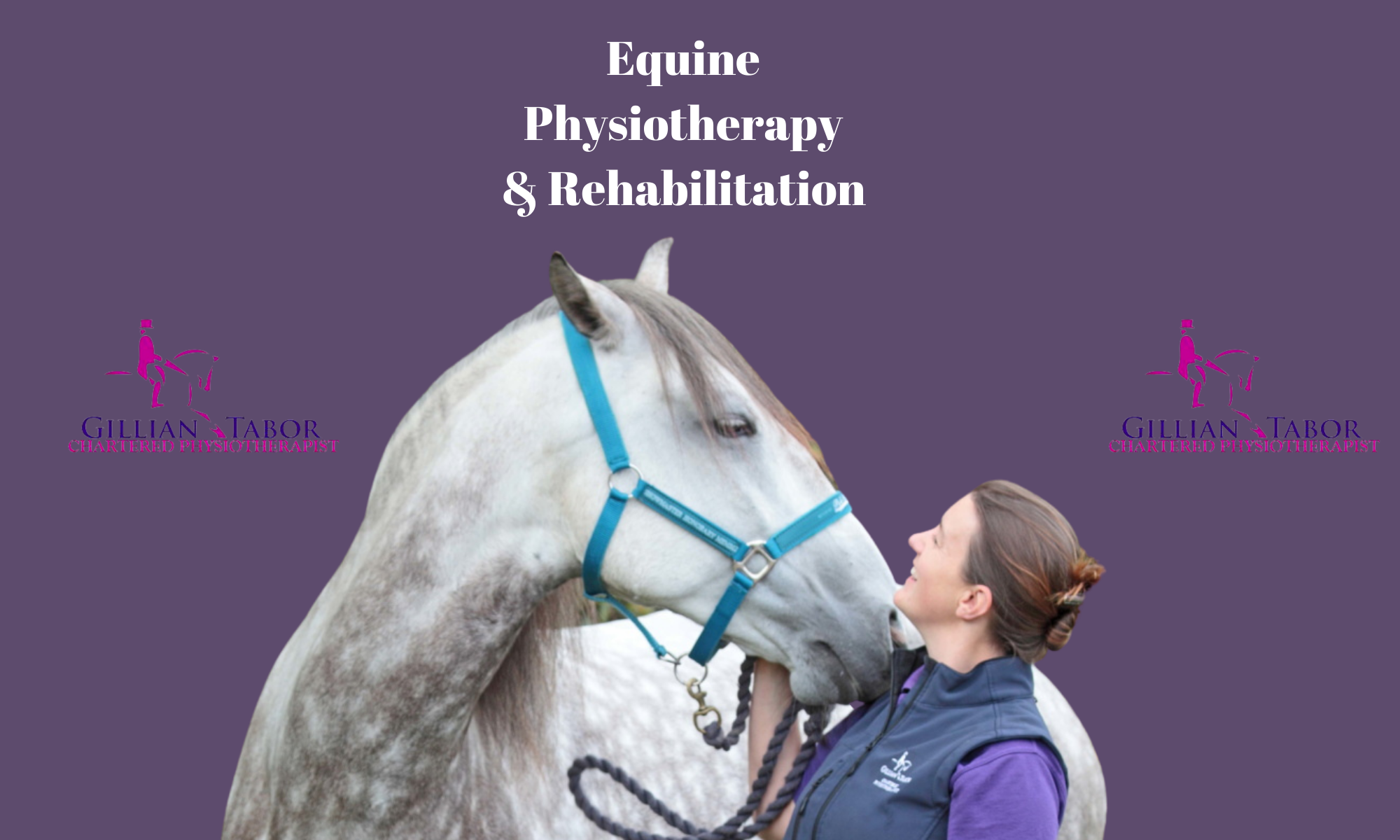My role as an equine physiotherapist is to think about a horse’s musculoskeletal health. I consider the body holistically and how it relates to the whole physicality of the horse. This includes soft tissues which are the muscles, ligaments, fascia, tendons, and the joints between the bones. We cannot consider the physical health without looking to a horse’s mental well-being as well. When I assess a horse, I consider its behaviour and the environment to make a broad judgement on the happiness of that horse. We, as horse owners and lovers, have an ethical duty to keep our horses happy. It is even listed in the FEI rules!
Physical health can’t come at the restriction of the mental health like keeping a horse in a stable to reduce its chance of field related injuries. But in balance some become stressed and anxious when turned out and resorts to fence walking or pawing at the gate.
We know that keeping a horse in a stable 100% of the time may impact their mental well-being. But, as with all aspects of horse ownership, there is no perfect right or wrong answer. It’s a spectrum and we have to be pragmatic about our horse’s care and the effects on their physical and mental health.
If your horse has been placed on box rest because of injury then obviously that’s the priority. If you have wet land or small areas you need to protect for the longer term, then restricting turnout is obviously sensible. The one non-negotiable is that your horse needs to at least be able to see another horse. The even better option is to be able to have physical contact with another horse – nose over fences, doors or shared fields or barns. Touch is critical for human wellbeing and is for horses too!
The optimum is a horse having access to moving, being with other horses and eating a high fibre diet. Simply known as friends, forage and freedom. Above all, despite individual need to compromise, ‘friends, forage and freedom’ should drive the decisions that we make about the care of our horse. We can hopefully optimise their mental well-being whilst looking after their physical health.
If you want to learn more about the physical well-being of your horse whilst on box rest, or during periods of increased stabling, please check out my webinar – Thinking Inside the Box: Click here – www.gilliantaborphysio.thinkific.com
